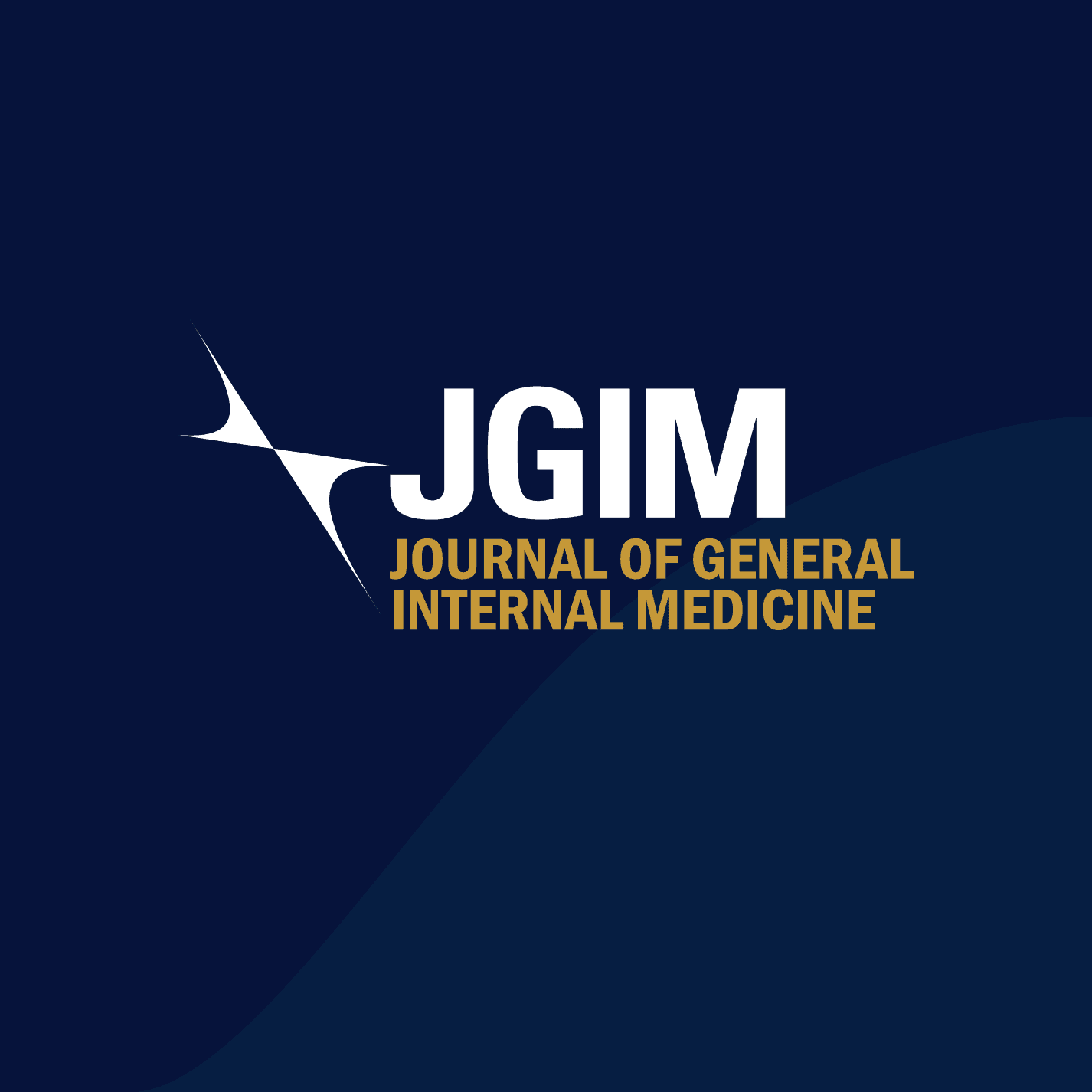Abstract
Background
Although primary care is associated with population health benefits, the supply of primary care physicians continues to decline. Internal medicine (IM) primary care residency programs have produced graduates that pursue primary care; however, it is uncertain what characteristics and training factors most affect primary care career choice.
Objective
To assess factors that influenced IM primary care residents to pursue a career in primary care versus a non-primary care career.
Design
Multi-institutional cross-sectional study.
Participants
IM primary care residency graduates from seven residency programs from 2014 to 2019.
Main Measures
Descriptive analyses of respondent characteristics, residency training experiences, and graduate outcomes were performed. Bivariate logistic regression analyses were used to assess associations between primary care career choice with both graduate characteristics and training experiences.
Key Results
There were 256/314 (82%) residents completing the survey. Sixty-six percent of respondents (n = 169) practiced primary care or primary care with a specialized focus such as geriatrics, HIV primary care, or women’s health. Respondents who pursued a primary care career were more likely to report the following as positive influences on their career choice: resident continuity clinic experience, nature of the PCP-patient relationship, ability to care for a broad spectrum of patient pathology, breadth of knowledge and skills, relationship with primary care mentors during residency training, relationship with fellow primary care residents during training, and lifestyle/work hours (all p < 0.05). Respondents who did not pursue a primary care career were more likely to agree that the following factors detracted them from a primary care career: excessive administrative burden, demanding clinical work, and concern about burnout in a primary care career (all p < 0.05).
Conclusions
Efforts to optimize the outpatient continuity clinic experience for residents, cultivate a supportive learning community of primary care mentors and residents, and decrease administrative burden in primary care may promote primary care career choice.
Topic
JGIM
Author Descriptions
Department of Medicine, Johns Hopkins University, Baltimore, MD, USA
Paul O’Rourke MD MPH, Sean Tackett MD MPH & Scott Wright MD
Biostatistics, Epidemiology, and Data Management Core, Johns Hopkins School of Medicine, Baltimore, MD, USA
Sean Tackett MD MPH
Department of Medicine, University of Colorado, Denver, CO, USA
Karen Chacko MD
Ascension St. Vincent Hospital, Indianapolis, IN, USA
Stephen J. Knaus MD
Department of Medicine, Pennsylvania Hospital, Philadelphia, PA, USA
Marc Shalaby MD
Department of Medicine, Emory University, Atlanta, GA, USA
Shelly-Ann Fluker MD
Department of Medicine, UCLA, Los Angeles, CA, USA
Mina Ma MD
Department of Medicine, University of Washington, Seattle, WA, USA
Maryann Overland MD
Share
Related Articles
Perspectives of In-Hospital Intramuscular Naltrexone and Oral Medications for Alcohol Use Disorder: A Study of Addiction Clinicians and Hospitalized Patients
Abstract Background Alcohol-related hospitalizations are rising; however, medications for alcohol use disorder…
Beyond Workarounds: Enhancing Education, Care, and Wellness on Inpatient Medicine Rotations—A Multicenter Qualitative Study
Abstract Background Inpatient medicine rotations (IMRs) aim to deliver exceptional clinical education…


